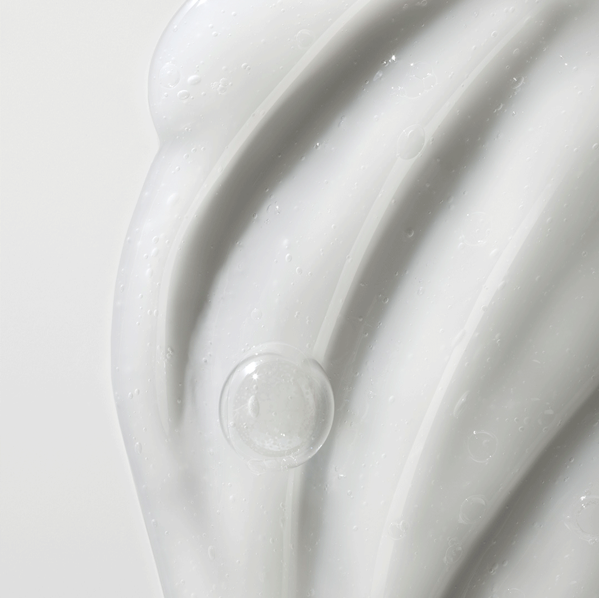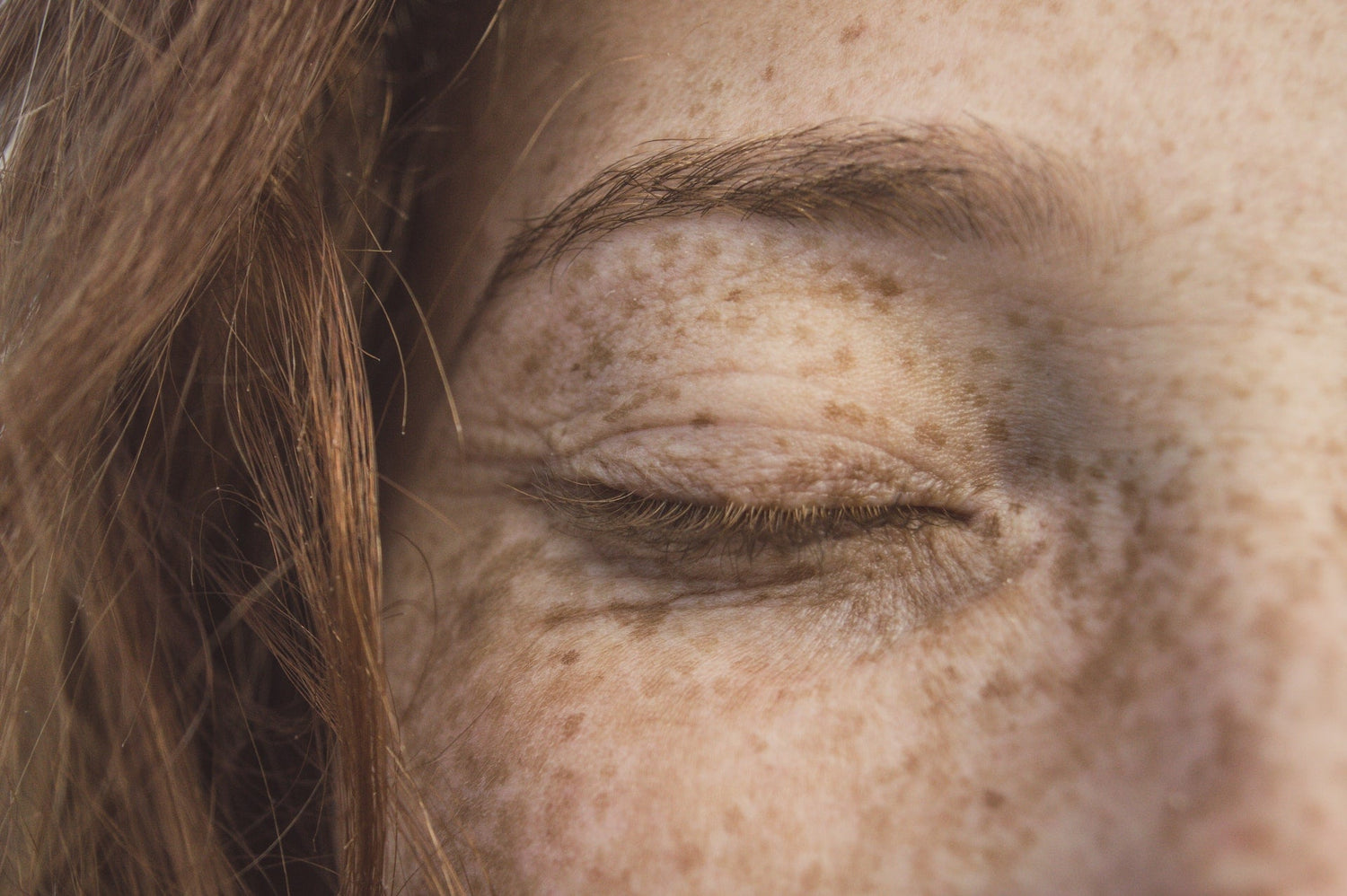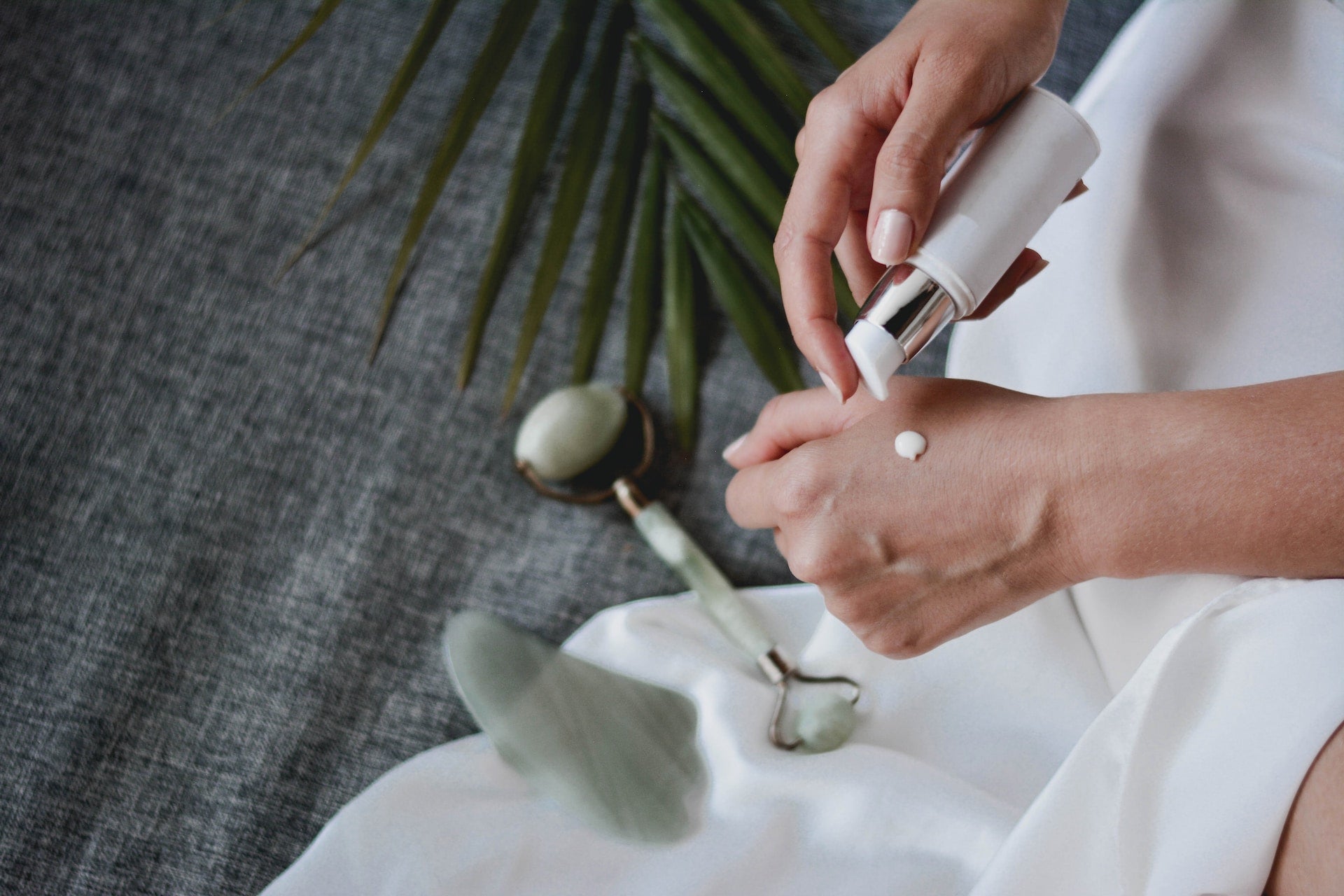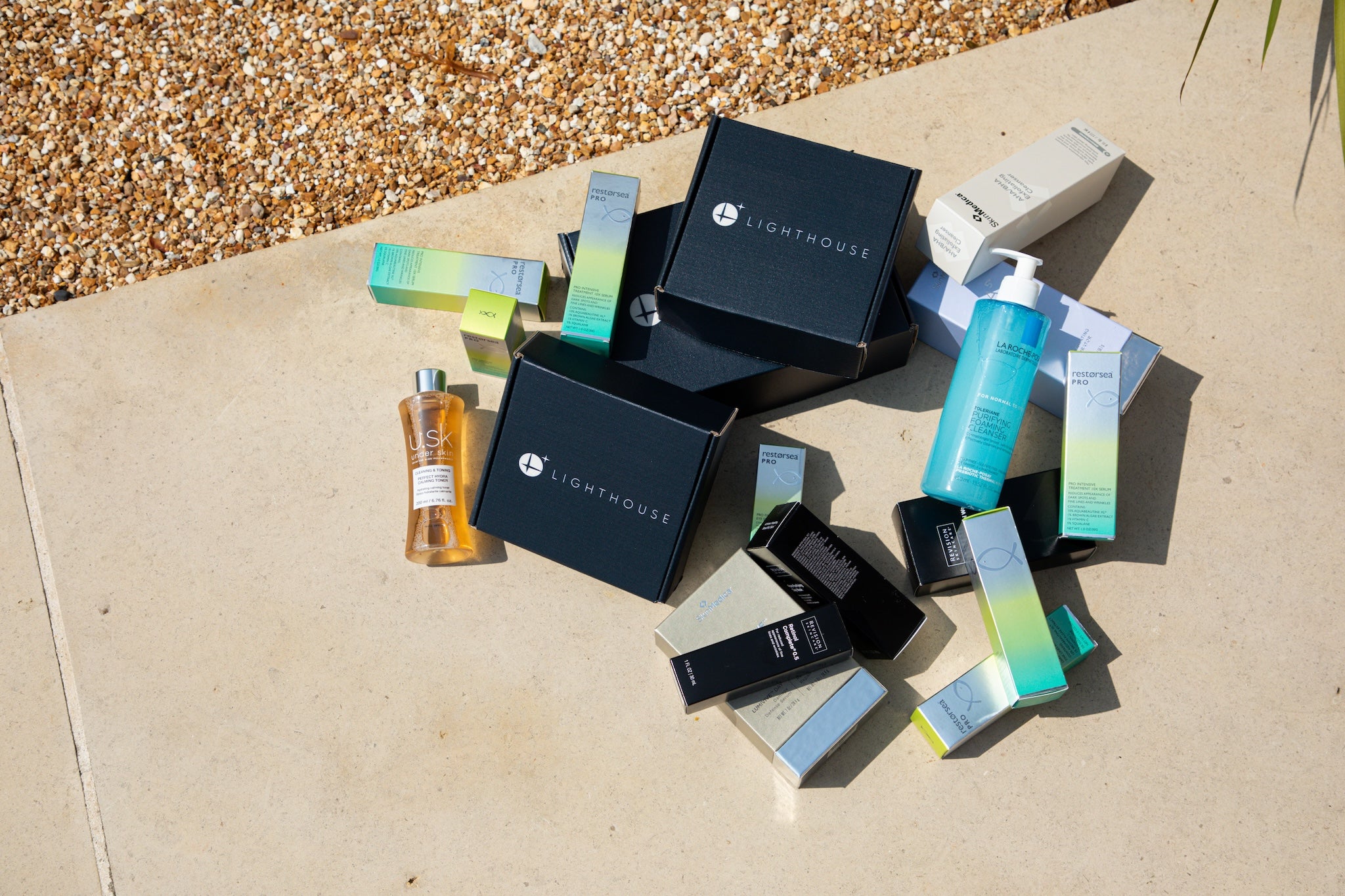Hyperpigmentation is a common skin concern that affects people of all skin types and backgrounds. It can be a source of self-consciousness and frustration for many individuals. The good news is that there are effective ways to address hyperpigmentation and achieve a more even complexion. In this post, we will delve deep into the world of hyperpigmentation, exploring its causes, best preventative strategies, treatment options, and the role of skincare products in managing this condition.

If you're someone seeking easy skincare solutions for dark spots and have burning questions like, "How to get rid of hyperpigmentation?" or "Does hyperpigmentation go away?" then you've come to the right place. We will also discuss the effectiveness of two popular skincare ingredients, retinol and tretinoin, in treating hyperpigmentation.
Understanding Hyperpigmentation
What is Hyperpigmentation?
Hyperpigmentation is a common skin condition characterized by the darkening of certain areas of the skin due most commonly to an overproduction of melanin, the pigment responsible for skin, hair, and eye color. It can appear as brown, black, blue or even red patches on the skin's surface and can be caused by a variety of factors.
What Causes Hyperpigmentation?

It’s important to note that not all hyperpigmentation is the same. Hyperpigmentation can be caused by UV radiation, medications, hormones, trauma, inflammation and more. Here we will review some of the more common causes of hyperpigmentation.
- Sun Exposure. One of the primary causes of hyperpigmentation is sun exposure. Ultraviolet (UV) rays from the sun can stimulate the production of melanin in the skin as a defense mechanism. Prolonged and unprotected sun exposure can lead to the development of dark spots and uneven skin tone.
- Hormonal Changes. Hormonal fluctuations, such as those that occur during pregnancy, menopause, or while taking birth control pills, can trigger hyperpigmentation. This is commonly referred to as melasma or "pregnancy mask," and it often appears as dark patches on the face.
- Post-Inflammatory Hyperpigmentation (PIH). PIH occurs after an inflammatory skin condition, such as acne, eczema, or a wound, has healed. In response to the inflammation, excess melanin can be deposited in the skin, leading to dark spots at the site of the previous condition.
- Genetics & Medications. Some individuals may be genetically predisposed to develop hyperpigmentation. Skin that naturally contains more melanin can be more susceptible to developing dark spots. Certain topical and oral medications can lead to pigmentary changes in the skin with inappropriate or long-term use.
Does Hyperpigmentation Go Away on Its Own?
The answer to this question depends on the underlying cause of the hyperpigmentation. In some cases, such as mild sun-induced hyperpigmentation, the dark spots may fade over time if you protect your skin from further sun exposure. However, other types of hyperpigmentation, like melasma, may persist with or without treatment.
It is, however, possible to increase the radiance and evenness of your skin tone by pursuing some of the treatment options listed below.
Treatment Options for Hyperpigmentation
If you are struggling with hyperpigmentation, it is worth discussing some of the following treatment options with your dermatologist.
1. Topical Treatments
The MOST important topical treatment for treating hyperpigmentation: sunscreen. If you do nothing else to help prevent and treat hyperpigmentation, use sunscreen. Look for a sunscreen that has at least a SPF of 30 or above and is broad-spectrum.
Consider purchasing a sunscreen that contains zinc oxide - one of the active ingredients that offers the broadest spectrum of protection against UVA and UVB radiation. And a tinted sunscreen, often containing iron oxide, provides additional protection against UVA radiation along with protection against Visible Light (UV radiation that is visible).
Does Retinol Help with Hyperpigmentation?
Retinol, a derivative of vitamin A, is a popular over the counter skin care ingredient known for its ability to promote skin cell turnover and stimulate collagen production. It is also effective in treating hyperpigmentation by fading dark spots and improving overall skin texture.
Yes, retinol can be beneficial for hyperpigmentation. It works by accelerating the shedding of dead skin cells and promoting the growth of new, healthy skin cells. This process can help fade dark spots over time. It's essential to use retinol as directed, as it can be irritating to the skin, especially when first starting. Our advice is to introduce it gradually to your skincare routine.
Does Tretinoin (Retin-A) Help With Hyperpigmentation?
Tretinoin, also known as Retin-A, is the most bioactive form of topical retinoid, another vitamin A derivative. This is commonly prescribed by dermatologists to treat various skin concerns, including hyperpigmentation. It works similarly to retinol but because it is the most bioactive form, it is more potent and can be more irritating.
Yes, tretinoin can be highly effective in treating hyperpigmentation. It encourages skin cell turnover and can help fade dark spots and even out skin tone. However, tretinoin is usually only available by prescription, and its use should be closely monitored by a healthcare professional.
2. Chemical Peels
Chemical peels involve the application of a chemical solution to the skin, which causes the top layer to peel off, revealing fresh, undamaged skin underneath. This process can help reduce hyperpigmentation and improve skin texture.
3. Laser Therapy
Laser therapy uses focused beams of light to target and break down melanin deposits in the skin. It is often used for more stubborn or deep-seated hyperpigmentation.
4. Microdermabrasion
Microdermabrasion is a non-invasive procedure that exfoliates the outer layer of the skin, helping to improve skin texture and reduce the appearance of dark spots.
5. Topical Lightening Agents
Certain topical products contain ingredients like hydroquinone, alpha arbutin, kojic acid, and alpha hydroxy acids (AHAs), which can help lighten dark spots over time. These products are available by prescription or over the counter.
6. Combination Therapy
In many cases, a combination of treatments may be recommended to achieve the best results. For example, a dermatologist might suggest using a topical lightening agent in combination with a topical retinoid, alongside chemical peels or laser therapy for optimal outcomes.
Skincare Products for Hyperpigmentation
Achieving clear and radiant skin often involves the consistent use of effective skincare products. Let's explore some of the best products and ingredients that can help you in your quest to get rid of hyperpigmentation.
Vitamin C Serums
Vitamin C is a potent antioxidant that can help brighten the skin and reduce the appearance of dark spots. Look for serums containing a stable form of vitamin C for maximum effectiveness.
Revision C+ Correcting Complex 30% contains vitamin C in the form of TetraHexylDecyl Ascorbate which is considered the most stable and lipid-soluble form of vitamin C for better penetration and potency in the skin.
Alpha Hydroxy Acids (AHAs)
AHAs, such as glycolic acid and lactic acid, are exfoliating agents that can help remove dead skin cells, revealing a brighter complexion. They are often found in chemical exfoliants and toners.
Revision Brightening Facial Wash is a favorite amongst the acne cleansers. This cleanser is suitable for normal, combination and oily skin. Contains Glycolic acid to help exfoliate dead skin cells, improve skin texture and hyperpigmentation. It also contains Salicylic Acid for additional exfoliating properties and unclogging pores. Contains Vitamin C and other antioxidants to help naturally brighten and restore skin appearance.
Sunscreen
Sunscreen is a crucial component of any skincare routine aimed at treating hyperpigmentation. UV protection helps prevent further darkening of existing spots and the development of new ones.
EltaMD UV Clear is a dermatologist-recommended sunscreen that comes non-tinted and tinted. Suitable for all skin types, is oil-free, and non-comedogenic. It contains niacinamide to help reduce inflammation.
La Roche-Posay Anthelios Mineral Tinted is a mineral-only, tinted sunscreen that is water-resistant (40 minutes), and contains the Cell-Ox Shield Technology that provides broad-spectrum coverage and antioxidants.
Hydroquinone
Hydroquinone is a topical skin-lightening agent available by prescription. It can be effective in treating hyperpigmentation but should be used under the guidance of a dermatologist due to potential side effects. This should not be used while pregnant or breastfeeding.
Retinol-Based Products
As mentioned earlier, retinol can be an excellent choice for addressing hyperpigmentation. Look for moisturizers or serums containing retinol for a gentler approach.
Revision DEJ Night Face Cream includes a 0.25% time-release retinol, bakuchiol, pre & post-biotics to help balance the skin’s microbiome. It contains 11 antioxidants to help protect, repair, and brighten the skin. It also contains a lipid technology that blends the needed players to help restore and protect the skin’s barrier.
UnderSkin Advanced Retinol Restorer includes an encapsulated retinol (along with an extract to help boost the retinol), tranexamic acid & alpha arbutin (two ingredients that specifically target hyperpigmentation), peptide, and the Pro-Skin Calming Complex to help with irritation and improve tolerability.
Preventing Hyperpigmentation
Prevention is often the best approach when it comes to hyperpigmentation. Here are some tips to help you minimize the risk of developing dark spots:
- Sun Protection. Wearing broad-spectrum sunscreen with an SPF of 30 or higher is essential to protect your skin from the harmful effects of UV rays. Make sunscreen a daily habit, even on cloudy & rainy days. Don’t forget to reapply sunscreen!
- Protective Clothing. Wearing UPF50+ protective clothing, such as wide-brimmed hats and long-sleeved shirts, can further shield your skin from the sun.
- Avoiding Irritation. Be gentle with your skin to prevent inflammation and post-inflammatory hyperpigmentation. Avoid picking at blemishes and be cautious with harsh skincare products.
- Hormonal Balance. If you're experiencing hormonal fluctuations that contribute to hyperpigmentation, consult with a healthcare professional to explore treatment options or hormonal regulation strategies.
- Regular Skincare Routine. Maintaining a consistent skincare routine that includes gentle cleansing, moisturizing, and the use of appropriate skincare products can help keep your skin healthy and less prone to hyperpigmentation.
Achieving Your Skin Goals
Hyperpigmentation can be a frustrating skin concern, but with the right knowledge and skincare products, you can achieve a more even and radiant complexion. Remember that results may vary depending on the type of hyperpigmentation, the severity of your hyperpigmentation and the treatments/products you use. It's essential to consult with a board-certified dermatologist to develop a personalized treatment plan tailored to your specific needs.
So, if you've been wondering, "Can I get rid of hyperpigmentation?" or "Does hyperpigmentation go away?" – the answer is yes, with patience, the right treatments, and a commitment to good skin care practices, you can significantly improve the appearance of hyperpigmentation and achieve the clear and radiant skin you desire.
Reviewed by: Katharine Saussy, MD, FAAD (@drsaussy)











